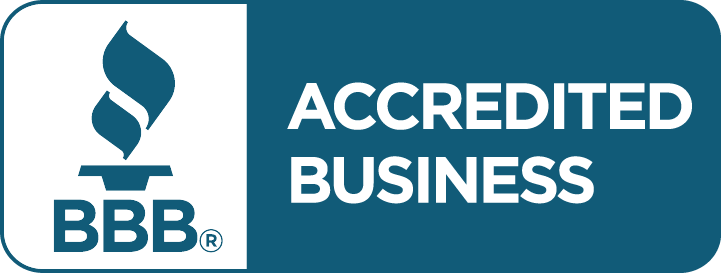From navigating a new language to experiencing new systems and processes, moving to a new country is difficult.
But out of everything you’ll need to learn, one crucial piece of information should be a priority: learning the country’s financial system. Without this knowledge, it won’t be easy to understand the costs of basic necessities and the value of your money. Below, we’ve outlined some essential tips to help you manage your finances and prepare you for success in Canada.
1. Open a Bank Account
Before you even leave your native country, you should set up a bank account in Canada if possible. Rather than bringing a lot of cash, put your savings in this bank account to remain safe and ready for your arrival.
There are numerous major banks available where you can open an account. Research them online and see what details are required to open an account with them as a newcomer. Canadian banks generally require verification documents such as a visa/passport, immigration papers, your Social Insurance Number (SIN) if you have one, and address verification. If you don’t have an address yet, you may be able to give a reference in Canada.
A temporary residency permit is often allowed as verification of immigration, along with Confirmation of Permanent Residence (COPR), or your work or study permit.
Keep in mind that many banks in Canada charge monthly fees in order to have a basic account. Do your research on what these fees are (many banks offer zero-fee accounts for newcomers for the first year) and what you can afford. There are also a few online banks that don’t have fees, but may offer less services, such as in-person branch support.
2. Download a Money Transfer App
You’ll likely want to send money back and forth to your home country. You should download a reputable money transfer app to make this as easy as possible. A safe money transfer service is cheaper and quicker than wire transfers at banks and brick-and-mortar stores.
Become familiar with Canada’s exchange rates and watch them closely to optimize the best time to exchange your money.
3. Make a Budget
Setting financial goals involves understanding your fixed expenses (costs that rarely change, such as rent and bills) and your discretionary expenses. Don’t forget to add money or bank transfer fees if you send a lot of money back home.
A good rule of thumb? When your paycheque arrives, try to save at least 10 per cent – and allocate some of it toward retirement. Even if your employer offers you a pension or Registered Retirement Savings Plans (RRSPs), it’s always a good idea to have a plan of your own for retirement, too.
It’s also crucial that you set up an emergency fund and start putting aside money in this account. This money can be used to cover urgent issues such as your car breaking down, a period of unemployment, or anything else unexpected. These savings give you a sense of security and peace of mind of having a “Plan B,” just in case. It also helps free up your money mindset since you know you have a plan and can worry less about day-to-day financial survival.
Learn how to make a monthly budget.
4. Set Some Financial Goals
You likely already have some goals for moving to Canada, but do any of them involve finances? If not, it’s time to think of what you’ll do with your hard-earned cash for the next six months.
Start by identify the financial goals you have for living in Canada. Do you want to own a home one day? Earn at least six figures? Save for your children’s education? Consider what’s more important to you so that you can direct your cash to the right places and get the motivation to continue saving. Reducing any impulse spending and putting it towards savings instead can help you meet your goals.
In Canada, there are plenty of resources to help you make smart money decisions. Read personal finance blogs, listen to podcasts and ask others for advice. Working with a certified credit counsellor is a great way to receive expert budget mentoring and financial education in your new country.
5. Start Building Credit
If you plan on getting a car loan, purchasing a home or renting an apartment, you’ll need to start building credit as soon as possible. Your credit score is a number that represents the creditworthiness of an individual – or a prediction of your credit behaviour. It’s based on information from credit reports, ranging from 300 to 850. The higher the number, the better you look as a borrower to potential lenders.
Using a credit card responsibly is one easy way to start building credit. Other ways to build great credit include maintaining a low level of debt, limiting how often you apply for new bank and credit card accounts, and paying all bills on time.
If credit is new to you, don’t worry. It’s common practice to use them in Canada, but it is important to use it wisely.
Keep in mind that it may be difficult to get a credit card in Canada if you’re new to the country. Some banks may offer secured credit cards for newcomers, whereby you have to put the amount of the credit limit down in cash in order to qualify. This is a great, safe way to start building credit.
The Bottom Line
Building a new life in a new country takes commitment and determination. It also takes a keen understanding of the new country’s financial system. Making a solid financial plan and getting help when needed can help you succeed financially – no matter where you live.
Contact our credit counsellors for advice on managing your finances as an immigrant to Canada.











